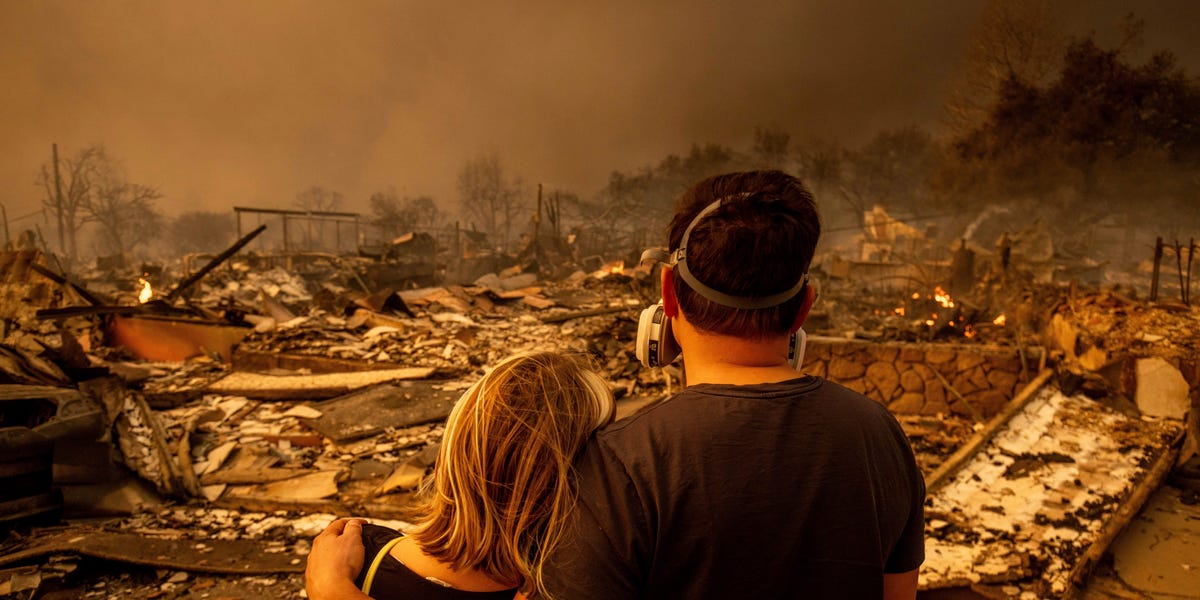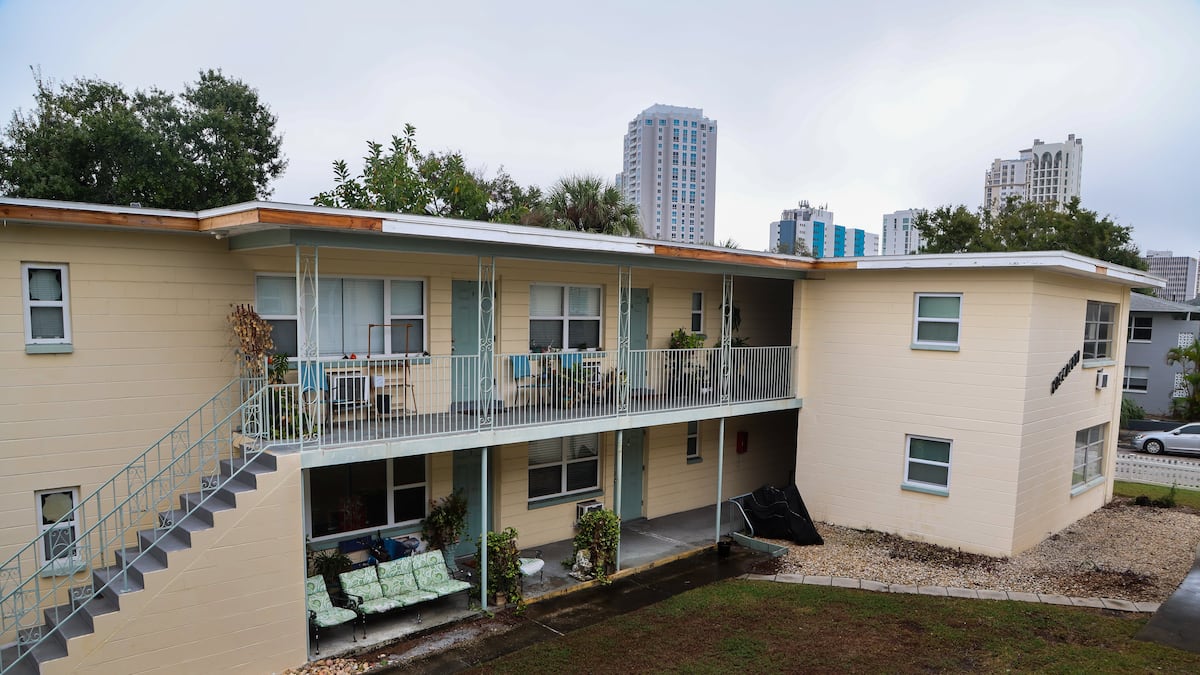W
ildfires have ravaged California in early 2025, and climate change may be to blame. Real-estate analyst Ivy Zelman warned of rising property insurance costs last summer, predicting that homeowners would face a looming threat to their property values. Climate change, she said, would cause home insurance prices to soar over time due to increased natural disasters like floods and fires.
Zelman's thesis is gaining traction, with some analysts warning that property prices in certain markets could fall up to 60% in extreme cases. Devastating wildfires have killed dozens and displaced thousands in California, and scientists say climate change is partially to blame. Homeowners whose homes haven't gone up in smoke may face exorbitant insurance cost increases.
Zelman remains concerned about the trend, saying that people need to rethink whether they want to stay in high-risk areas. "I think it's got to get some people to rethink whether they want to keep doing this," she said. California had the second-largest outbound moving rate among US states last year, and Zelman thinks that could accelerate after the fire crisis.
Insurance companies are reconsidering whether homes in high-risk markets are worth insuring, which could lead to higher premiums or even a decline in coverage. If insurance costs surge by thousands of dollars per year, prospective homebuyers may take note and make lower offers, driving prices down over time.
Zelman suspects that buyers will gravitate toward cities with less risk of natural disasters, like Phoenix or Las Vegas. In the near term, property values could surge due to a lack of supply, but in the coming years, Zelman expects demand to shift towards safer areas.
Five states that could have long-term climate risk are Florida, Texas, North Carolina, South Carolina, and Tennessee. Rising rates of homeowners looking to move could put prices under pressure, especially if there's a major uptick in existing listings. Existing home listings have risen rapidly in these states, which saw neutral to positive net migration flows last year.
Zelman notes that the reason for lower home prices is increased competition from builders opening new communities and existing sellers trying to move inventory. Lower home prices may seem like a blessing for buyers, but new buyers could get stuck with declining long-term home equity values unless climate-related headaches don't go away.
Those looking to move may want to consider the more affordable Midwest region, Zelman said, reiterating a point she made last summer.















